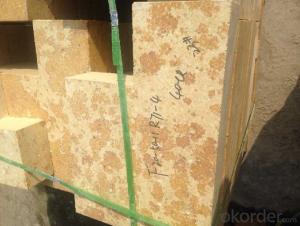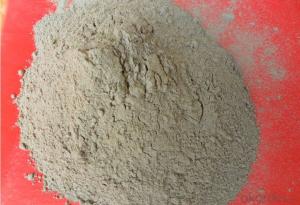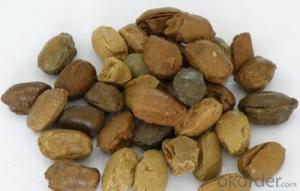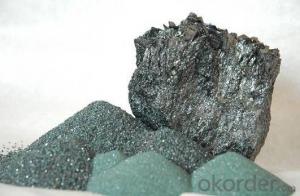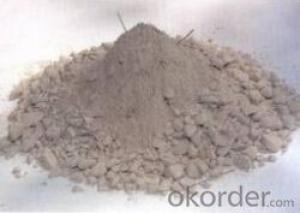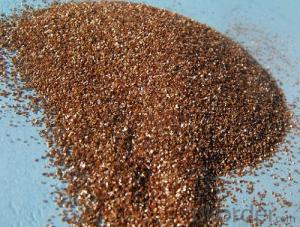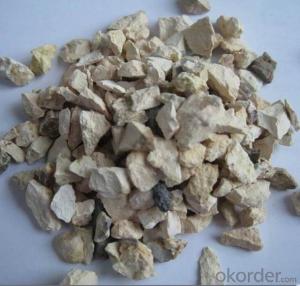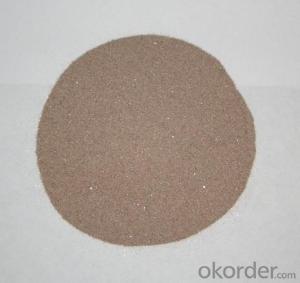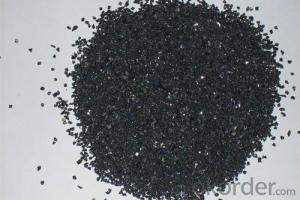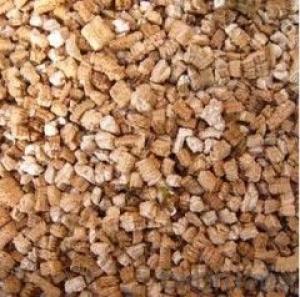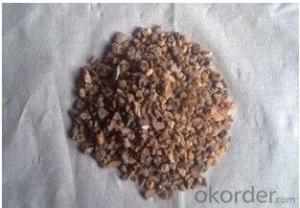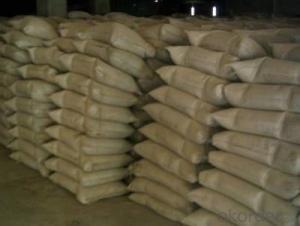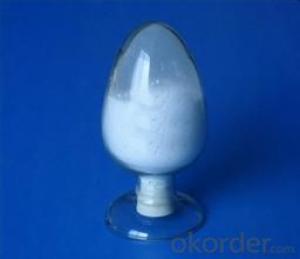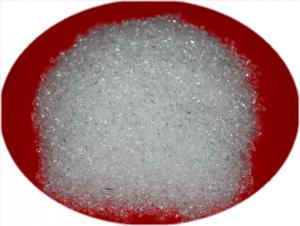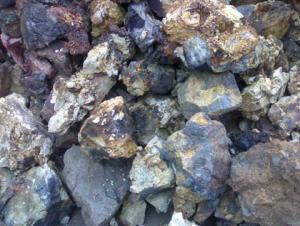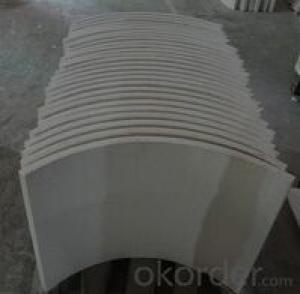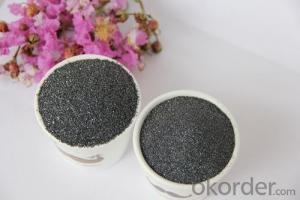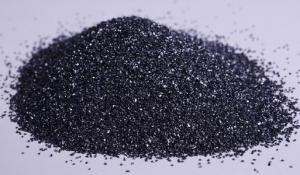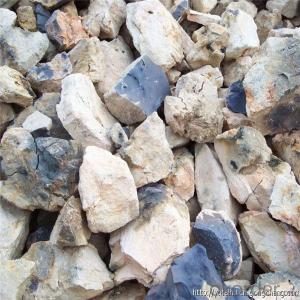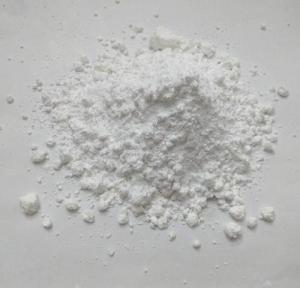All Categories
- - Steel Wire Rod
- - Steel Coils
- - Steel Profiles
- - Steel Pipes
- - Stainless Steel
- - Tinplate
- - Special Steel
- - Steel Sheets
- - Steel Rebars
- - Steel Strips
- - Hot Rolled Steel
- - Cold Rolled Steel
- - Pre-painted Steel
- - Seamless Steel Pipe
- - Welded Steel Pipe
- - Hollow Steel Tubes
- - Galvanized Pipe
- - Stainless Steel Coil
- - Stainless Steel Sheet
- - Stainless Steel Plate
- - Stainless Steel Strips
- - Electrolytic Tinplate Coil
- - Electrolytic Tinplate Sheet
- - Stainless Steel Rebars
- - Solar Panels
- - Solar Water Heater
- - Solar Related Products
- - Solar Inverter
- - Solar Cells
- - Solar Light
- - Solar Energy Systems
- - Solar Controllers
- - Solar Mounting System
- - Solar Pump
- - Solar Chargers
- - Fiberglass Chopped Strand
- - Fiberglass Mesh Cloth
- - Composite Pipes
- - FRP Pultrusion Profiles
- - Fiberglass Mat Tissue
- - Fiberglass Fabrics
- - Fiberglass Mesh
- - Composite Tank
- - Fiberglass Mesh tape
- - Polymer
- - FRP Roofing Panel
- - Fiberglass Roving
- - Monolithic Refractories
- - Ceramic Fiber Products
- - Refractory Bricks
- - Raw Materials For Refractory
- - Suspended Platform
- - Cranes
- - Concrete Machinery
- - Earthmoving Machinery
- - Building Hoist
- - Road Building Machinery
- - Plastic Pipe Fittings
- - Plastic Tubes
- - Plastic Sheets
- - Agricultural Plastic Products
- - Plastic Nets
Q & A
How are refractory materials tested for abrasion resistance and erosion?
Refractory materials are typically tested for abrasion resistance and erosion through various standardized methods such as the ASTM C704 test. This involves subjecting the material to controlled abrasive forces, such as rotating discs or jets of abrasive particles, and measuring the resulting wear or loss of material. These tests help assess the material's ability to withstand wear and erosion under specific conditions, ensuring its suitability for applications in harsh environments.
What is the purpose of sodium silicate in refractory materials?
The purpose of sodium silicate in refractory materials is to act as a binder or adhesive, helping to hold the refractory particles together and maintain their shape and structural integrity at high temperatures. It also provides some degree of chemical resistance and helps to reduce shrinkage during the drying and firing process.
How do raw materials affect the resistance to wear of refractory products?
Raw materials can significantly impact the resistance to wear of refractory products. The choice of raw materials, such as the type and quality of minerals used, affects the overall composition and structure of the refractory product. Certain raw materials, like high-alumina or silicon carbide, possess superior wear resistance due to their inherent hardness and ability to withstand high temperatures. On the other hand, the inclusion of impurities or lower-quality raw materials can weaken the refractory product, making it more susceptible to wear and degradation. Therefore, careful selection and use of raw materials are crucial in determining the resistance to wear of refractory products.
Can you explain the role of perlite in refractory materials?
Perlite is a form of volcanic glass that is commonly used as an additive in refractory materials. It serves two main purposes in this context. First, perlite has a high melting point, which helps improve the overall thermal stability of the refractory material. Second, it has a low density, which helps to reduce the weight of the material without compromising its structural integrity. Additionally, perlite also enhances the insulating properties of the refractory material, making it more efficient in retaining heat.
Wholesale Raw Materials For Refractory from supplier in Croatia
Our sales team is available to provide you with competitive quotes and assist you in selecting the right raw materials for your specific refractory requirements. We understand that each project is unique, and we will work closely with you to ensure that you receive the most suitable products for your applications.
Furthermore, our technical support services are designed to help you optimize your refractory processes and maximize efficiency. Our experts can provide guidance on product selection, usage, and troubleshooting, ensuring that you achieve the best possible results.
As a subsidiary of CNBM, we have access to a global network of resources and expertise. This allows us to stay at the forefront of industry trends and advancements, ensuring that our customers receive the latest and most innovative raw materials for their refractory needs.
We take pride in our commitment to sustainability and environmental responsibility. Our raw materials are sourced from reputable suppliers who adhere to strict quality and sustainability standards. We continuously strive to minimize our environmental impact and promote sustainable practices throughout our operations.
Partner with us for all your raw materials for refractory needs in Croatia, and benefit from our comprehensive product range, technical expertise, and exceptional customer service. Contact us today to discuss your requirements and let us provide you with a seamless procurement experience.
Furthermore, our technical support services are designed to help you optimize your refractory processes and maximize efficiency. Our experts can provide guidance on product selection, usage, and troubleshooting, ensuring that you achieve the best possible results.
As a subsidiary of CNBM, we have access to a global network of resources and expertise. This allows us to stay at the forefront of industry trends and advancements, ensuring that our customers receive the latest and most innovative raw materials for their refractory needs.
We take pride in our commitment to sustainability and environmental responsibility. Our raw materials are sourced from reputable suppliers who adhere to strict quality and sustainability standards. We continuously strive to minimize our environmental impact and promote sustainable practices throughout our operations.
Partner with us for all your raw materials for refractory needs in Croatia, and benefit from our comprehensive product range, technical expertise, and exceptional customer service. Contact us today to discuss your requirements and let us provide you with a seamless procurement experience.
Hot Search
- Monolithic Refractories in British
- Ceramic Fiber Products in Dominica
- Refractory Bricks in Mauritius
- Raw Materials For Refractory in Niger
- Monolithic Refractories in Norway
- Monolithic Refractories in Barbados
- Ceramic Fiber Products in Ireland
- Monolithic Refractories in Croatia
- Monolithic Refractories in Indonesia
- Raw Materials For Refractory in Jamaica
